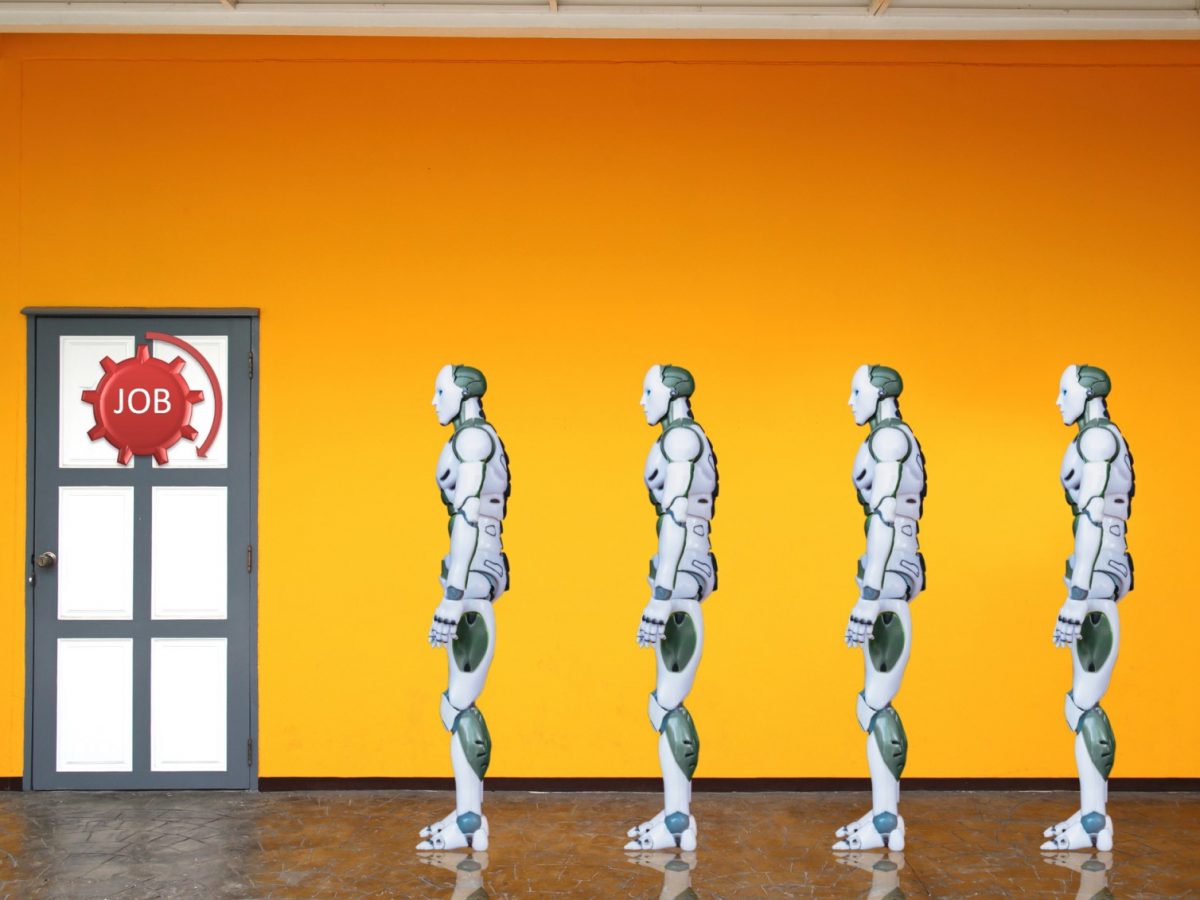Digital transformation, automation robotics and the Internet of Things are transforming the world’s workplaces at breakneck speeds. By 2025, The World Economic Forum warns 54% of employees will require significant upskilling due to automation and AI advances. The Brookings Institute reports that 25% of American jobs are at a high risk of becoming automated by 2030. It’s not just Americans under threat. Australian employees could face an even higher risk from automation due to our resource-based economy. In the face of this warp-speed change, how are today’s business leaders enabling their staff to remain employable?
The ever-increasing use of automation, AI and other new technologies heralds the 4th Industrial Revolution. Failing to act now could sentence current and future generations to permanent exclusion from economic participation.
The workplace is not just a means to a pay packet. It’s where we as human beings develop our skills, find our purpose and self-actualise. If we can’t participate in the economy due to lack of skills, will personal development and social progress be stymied as a result?
Business is the central institution in the world today. Private enterprise has both the reach and resources to dwarf many national governments. Business is therefore a key player in responding to the increasing employability challenge. It has the luxury of taking the long view while governments increasingly restrict their horizons to the next election date.
Leading businesses such as Unilever and Ikea are Business could also take the lead in shaping the digital transformation of our economy.
The interdependence of social prosperity and economic prosperity is undisputed. The devastating social impacts of the GFC on global youth unemployment, and more recently the effects of the COVID-19 pandemic, stand as stark reminders of this interdependence. Society’s continued progress now depends on business leaders addressing the impacts that emerging technologies will have and designing strategies to offset potential consequences.
The good news is that leading brands such as PWC, Accenture, Microsoft or Mastercard, are already investing substantially in upskilling or reskilling their staff to safeguard their employability as the economy evolves. Leaeading organisations are also working alongside national governments and global institutions like the World Economic Forum, World Trade Organisation and the United Nations. These collaborations seek to develop strategies and allocate resources into comprehensive training and skilling programs.
The challenge today, which every Board and Exco team faces, is the ethical challenge of participating in these visionary initiatives to ensure they are playing their part in protecting society’s place in the work environment. Social progress and prosperity depends on the outcome of this collaboration.
Visionary business leaders have already moved their HR functions into the strategic domain, on par with other business imperatives. They recognise that investing in organisational learning is critical to long-term sustainability and comes with a significant ethical dimension. Let’s hope we don’t have to wait too long for others to join them.
Please fill out the form below to get in touch regarding your organisation’s needs and we will get back to you as soon as possible. You can also call us on 0430 889 850 or email us directly at [email protected].
|
|

